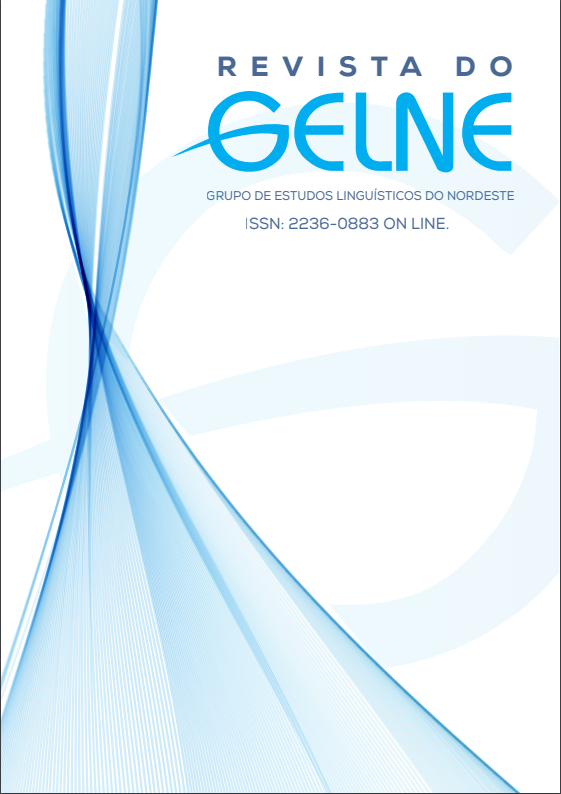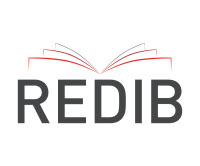Antonio Candido e o elogio da literatura
DOI:
https://doi.org/10.21680/1517-7874.2018v20n1ID15454Abstract
Similar to Roland Barthes in The pleasure of the text (1973) or still in [Lesson] (1977), Tzvetan Todorov in [Literature in peril] (2007) seems to devote to a sort of retreat of its links and perhaps implicitly present a mea-culpa by the preponderant role that he played in the implantation of structuralism in literary criticism - a process that caused a quite fatal technicalization to the literary fruition. Perhaps more than the ever-surprising and restless Barthes, Todorov may have caused the publication of this testimony to be a good surprise to his followers by warning with hindsight that scaffolding for the construction of a work can not replace it. On the other hand, in a lecture in 1988, in the scope of the discussion of human rights, Antonio Candido did not have to go through the paths of presumed retraction when talking about "The right to literature". Perhaps as a result of the military dictatorship and the imposition of structuralism in the academic medium of letters, which comfortably freed adherent scholars from the historical content of literature, the Brazilian critic played ironically with structuralism in “Dialectic of malandroism” (1970), presenting one of those beautiful diagrams of its methodology, full of arrows, just to reverse its assumptions and teach that the literary structure of the form is historical. Thus, at the height of the country's redemocratization process, Antonio Candido emphasized with full authority the importance of literature as an essential humanization tool.
Downloads
Downloads
Published
How to Cite
Issue
Section
License

Este trabalho foi licenciado com uma Licença Creative Commons - Atribuição - NãoComercial - CompartilhaIgual 3.0 Não Adaptada.

 Português (Brasil)
Português (Brasil) English
English Español (España)
Español (España)









.jpg)




